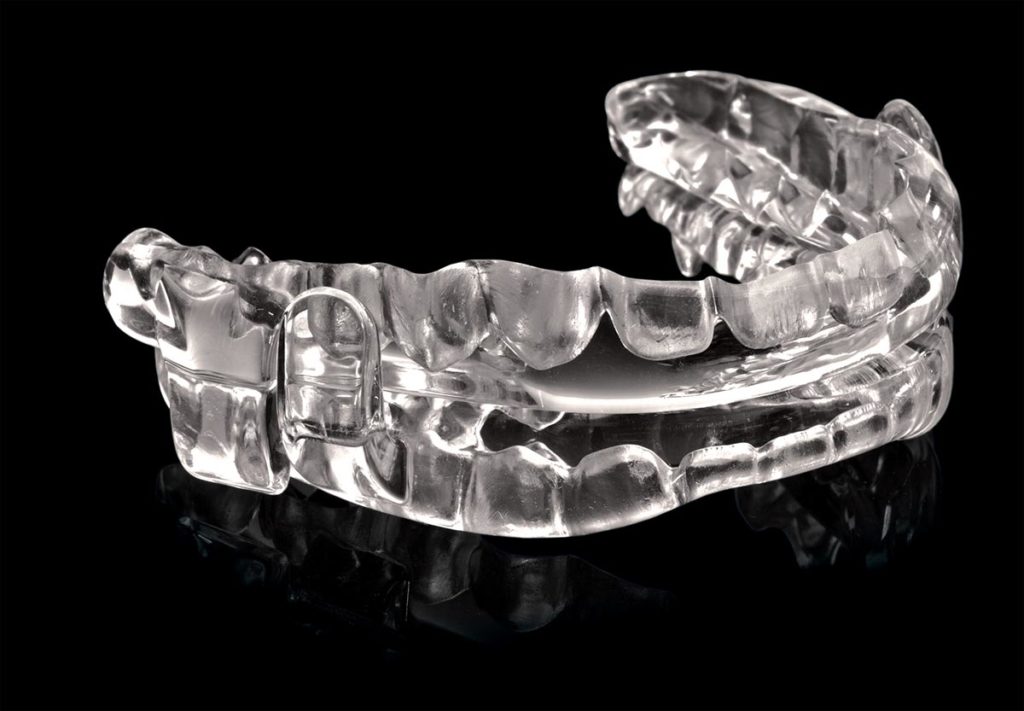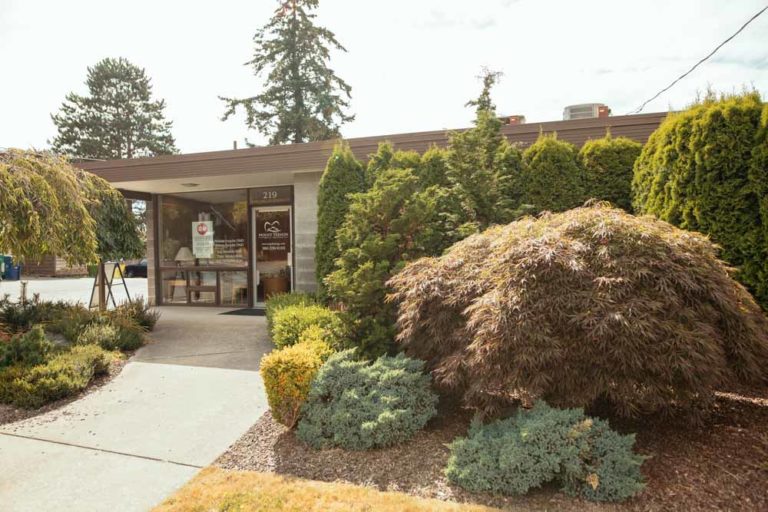Sleep Apnea
Sleep apnea is a serious condition that can lead to major health consequences. We offer effective treatment for sleep apnea to improve your health.
Sleep Apnea Treatment
Sleep apnea is a medical condition that causes recurring shortness of breath while sleeping. It occurs when the muscles in the throat become too relaxed and obstruct the airways, making breathing difficult. This condition is known as obstructive sleep apnea.
Some common sleep apnea symptoms include poor sleep quality, frequent sore throats, recurring headaches, and difficulty staying asleep.
Our clinic is committed to promoting our patients’ overall health and sleep health. Sleep apnea is a severe condition that can prevent you from getting enough oxygen at night, increasing the risk of heart attacks and stroke. People with sleep disorders are 23 times more likely to have a heart attack than those without, and 92% of stroke victims had this condition before their attack.
We have the expertise to provide education and treatment options for sleep health and cost-effectively. We are dedicated to helping you get a restful night’s sleep and improving your overall health and well-being.

-
What is sleep apnea?
Sleep apnea is a sleep disorder characterized by repeated interruptions in breathing while asleep. These breathing lapses lead to poor quality sleep and reduce the oxygen supply to the body, which can result in serious health consequences. There are three main types of sleep apnea:
- Obstructive sleep apnea is the most common type of sleep apnea, which occurs when a person’s throat muscles relax too much during sleep, blocking the airways and preventing normal breathing.
- Central sleep apnea occurs when the brain fails to signal the breathing muscles, causing a short pause in breathing. It is a less common form of sleep apnea.
- Complex sleep apnea syndrome: This type is also known as treatment-emergent central sleep apnea, and it occurs when a person has both obstructive and central sleep apnea.
Sleep apnea is often associated with loud, intense snoring, but not everyone who snores has sleep apnea. It can be caused by various factors, including being overweight, excessive alcohol consumption or drug use, or genetics. People with a family history of sleep apnea are more likely to suffer from the condition. According to the Sleep Foundation, sleep apnea is one of the most common sleep disorders in the United States, affecting both children and adults of both sexes, although it is more common in men.
-
How is sleep apnea diagnosed?
Sleep apnea is typically diagnosed using a polysomnogram in a sleep study. This can be done at home or a sleep disorder center. At Mount Vernon Smile Design, we offer a sleep study you can take at home. The test records activities while you sleep, including brain activity, breathing, and oxygen levels. It also measures how long you spend in each sleep stage, how frequently you wake up, if you stop breathing, if you snore, and your body position.
After the sleep study, a specialist reviews your test’s data. They analyze your brain activity and body system functioning to diagnose if a sleep disorder is present and recommend treatment.
If recommended, a dentist trained in sleep medicine works with the specialist to treat obstructive sleep apnea with oral appliance therapy. Both doctors at our office are trained to work with you to treat your obstructive sleep apnea with oral appliance therapy.
-
What are common sleep apnea symptoms?
The most common symptoms of sleep apnea are listed below. Having one or a few of these doesn’t mean you have sleep apnea. Check with your doctor to be specific.
- Thunderous snoring
- Sleepiness and loss of energy when awake
- Painful headaches
- Restless sleep
- Insomnia and recurrent awakenings
- Waking up with a dry or sore throat
- Waking up in the night with gasping or choking sensations
- Sudden mood changes
- Poor concentration
- Going to the bathroom frequently at night
-
How is sleep apnea treated?
Snoring and obstructive sleep apnea treatment may involve surgery, CPAP or BiPAP machines, or oral appliance therapy. Oral appliances are the least invasive option and can be a good choice for those with mild to moderate OSA. These appliances can be calibrated to hold the jaw in a specific position throughout the night, allowing for proper oxygen flow. It’s essential to consult with your sleep physician to determine the best treatment plan for you. Once a treatment path has been chosen and consistently used, we can support your efforts critically. If oral appliance therapy is selected, it’s crucial to design the correct method and positioning to maintain your airway precisely.
Read More About How to Treat Sleep Apnea with Oral Appliances
Questions About Sleep Apnea?
If you have any questions about sleep apnea, contact us or request an appointment using the links below, or explore the variety of other dental services we provide.
